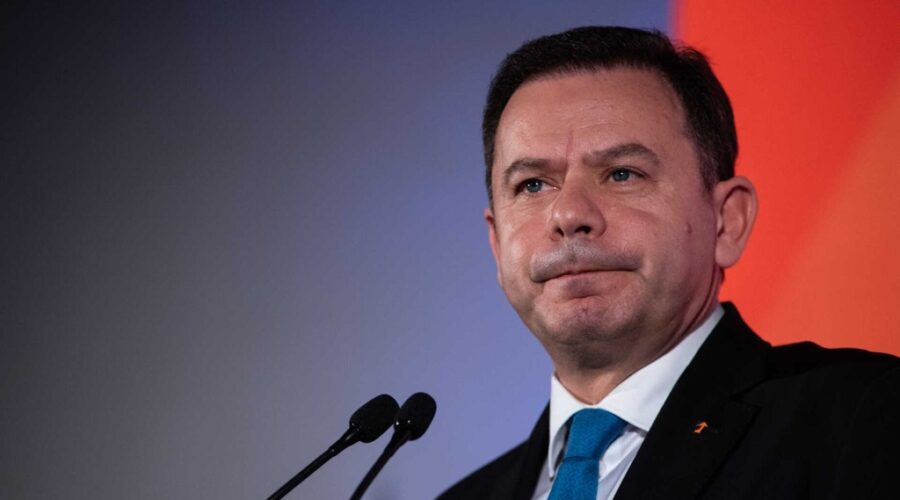Portugal to target income tax cuts
Portugal’s new minority government will approve tax cuts for the middle class worth €1.5bn next week in an effort to spur slowing growth and investment, Prime Minister Luis Montenegro has said.
“(A) high and complex tax burden is an economic barrier that compresses wealth, limits productivity and job creation,” he said in a speech opening a two-day parliamentary debate on the centre-right government’s inaugural programme.
The government aims to cut income tax rates, with a focus on the middle class, by 0.5 to three percentage points from 2023 levels.
At present, income tax rates vary between a minimum 13% and maximum 48% across salary brackets, meaning that the effective rate for middle-class taxpayers can be 30% or more.
“We have to free up companies and workers. High taxes hinder the attraction of investment…and block companies from paying higher salaries to workers,” he said.
According to the OECD, in 2022 the tax burden on workers’ income in Portugal was the ninth highest among the 38 OECD member countries.
Analysts expect Mr Montenegro to be able to push his most urgent measures such as tax cuts and wage hikes for police, teachers and doctors through parliament with opposition support.
But the key piece of legislation — and his first big test — will be the 2025 budget towards the end of the year.
Mr Montenegro’s Democratic Alliance coalition won the March 10 election by a slim margin. Analysts expect his government to be unstable as it will hinge on the support of either the far-right Chega or the centre-left Socialists to pass legislation.
Socialist leader Pedro Nuno Santos accused Mr Montenegro of “arrogance” and said his unwillingness to liaise with other parties meant his government would lack durability.
However, Mr Montenegro added 60 measures proposed by other parties to his programme.
He wants to maintain balanced budgets and said that tax cuts and economic reforms would create a “virtuous circle” in which the economy could grow close to or above 3.5% by the end of the four-year legislature.
The economy expanded 2.3% last year, a major slowdown from 6.8% in 2022, which was Portugal’s strongest in decades amid a wider post-pandemic recovery. The Bank of Portugal has forecast 2% growth in 2024.


